Brussels’s growing concern about patriot-led nations is pervading international politics. In his remarks to Magyar Nemzet, historian Gabor Gergely Barath analyzed this phenomenon in detail, with a particular focus on Serbia and other Central European countries.
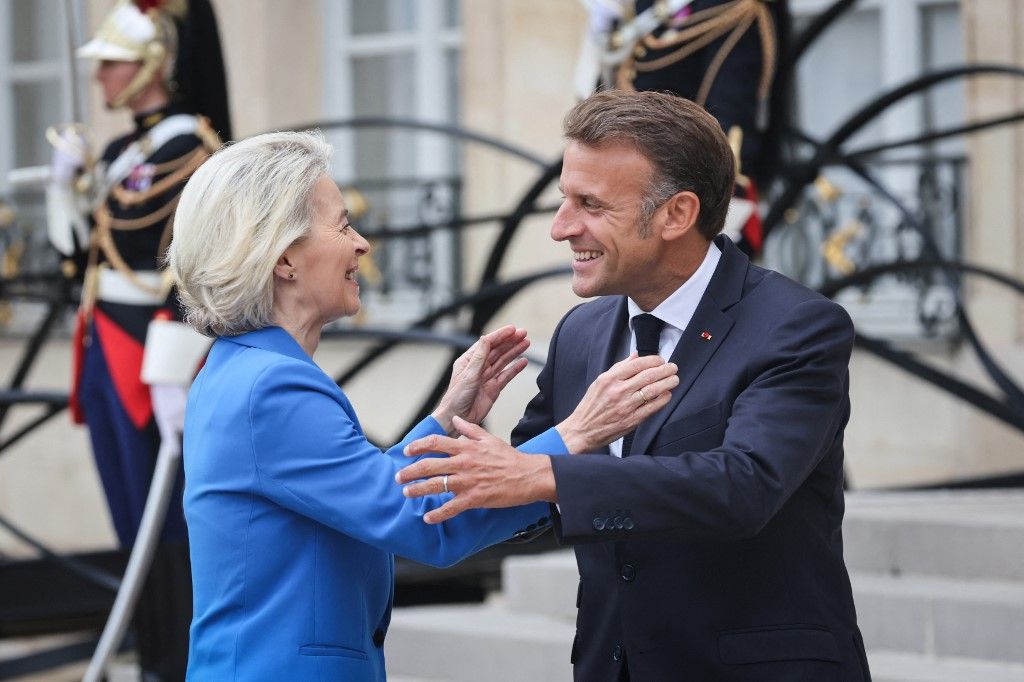
Since the escalation of the Russia–Ukraine conflict, Serbia has not imposed sanctions against Russia and continues to purchase Russian natural gas. According to Barath, Brussels must simply accept the fact that Serbia needs Russian gas for its energy security, while politically Russia remains a partner in preserving Serbia’s territorial integrity.
Aggressive Attacks Against Patriotic Leaders
The historian also pointed out that in recent months, the nature of the ongoing protests in Serbia has significantly changed:
Over the past 9–10 months, we have witnessed a 180-degree shift in the protests. At first, they were peaceful demonstrations, marches and gatherings, but in the summer they escalated into aggression,
Barath said.
Earlier in the spring, protestors demanded early elections, and students even announced plans to field their own list. By summer, however, protests turned violent: police and gendarmes were attacked, garbage bins were set on fire, and offices of the ruling Serbian Progressive Party were targeted.
President Aleksandar Vucic repeatedly invited students and protesters to dialogue, with the speaker of parliament and prime minister also stressing the importance of talks.
However, students and protesters have so far consistently refused dialogue, and at present there are no clear leaders who could represent them. “They rely entirely on plenums,” the expert added.
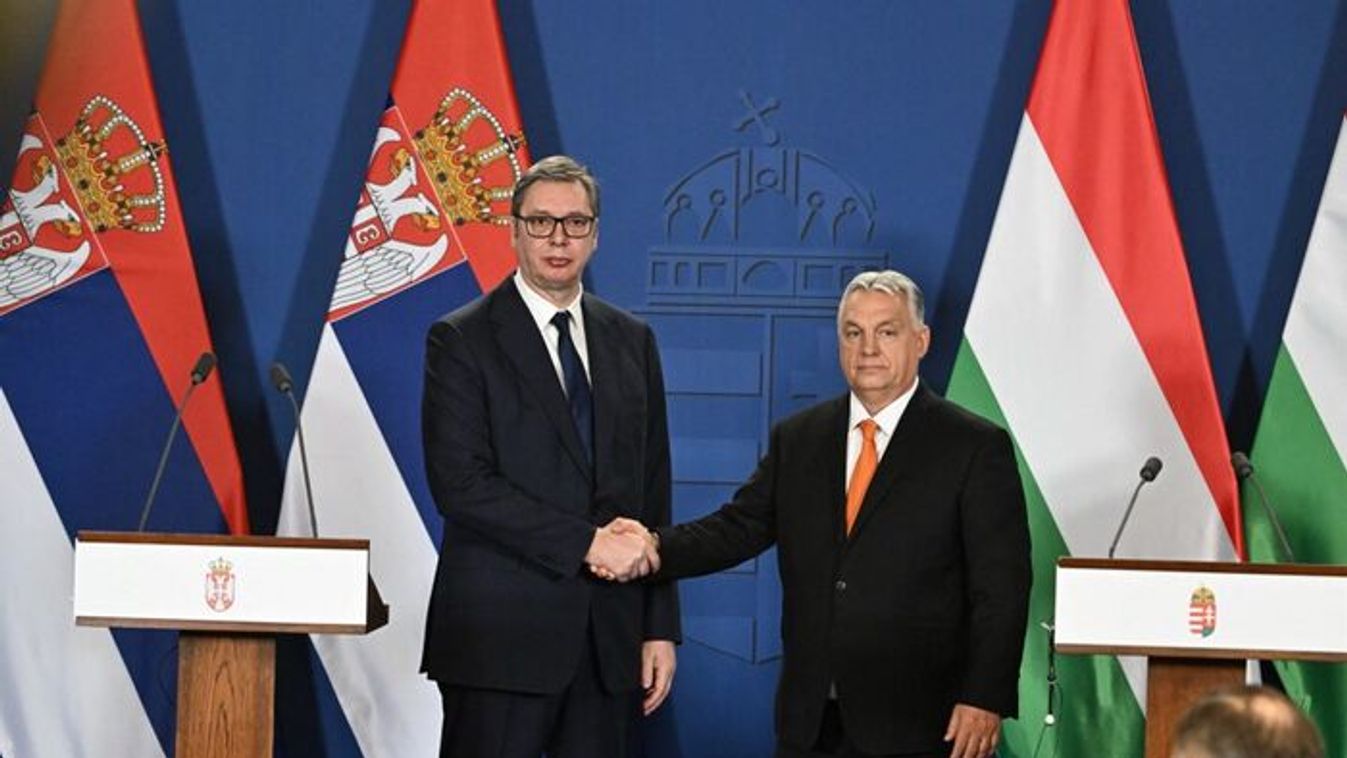

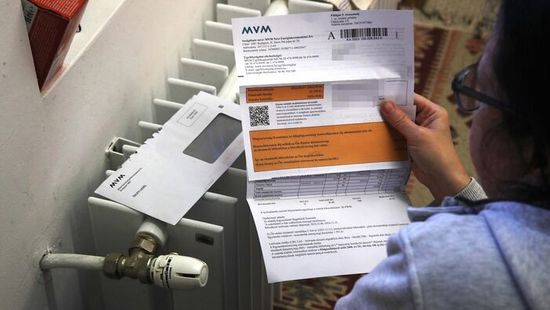
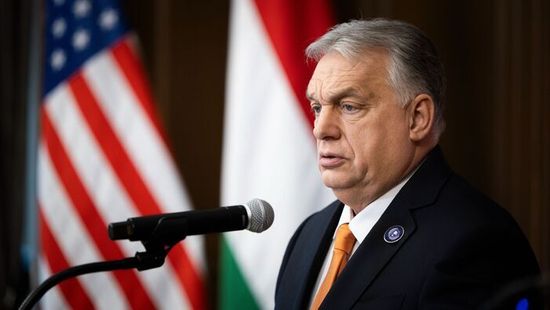
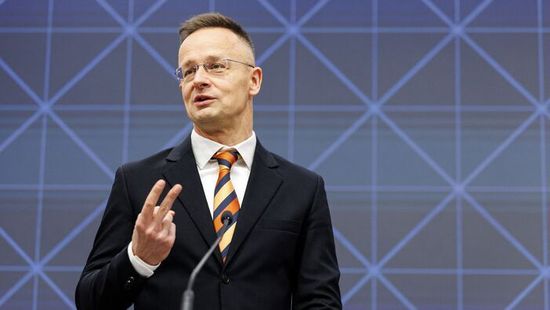



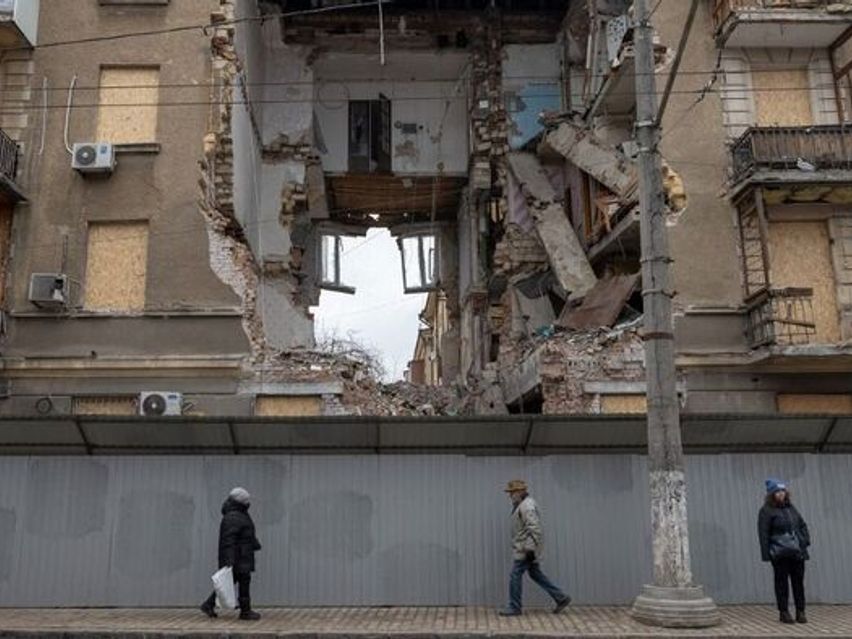
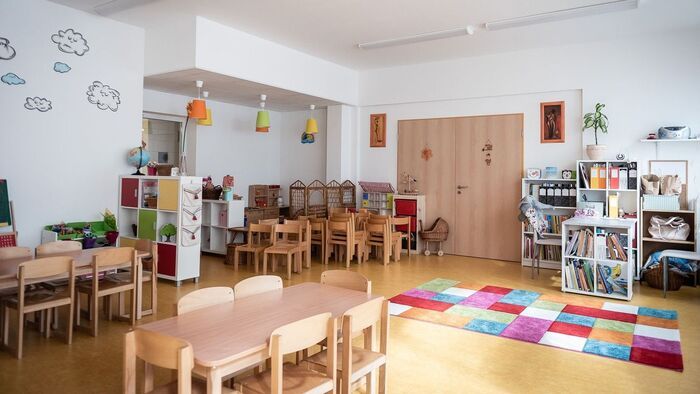

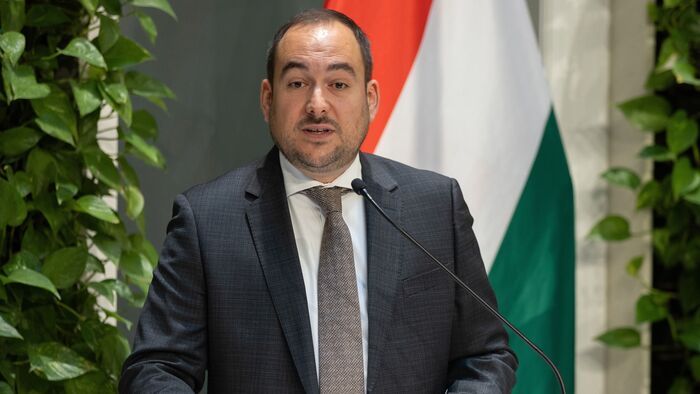

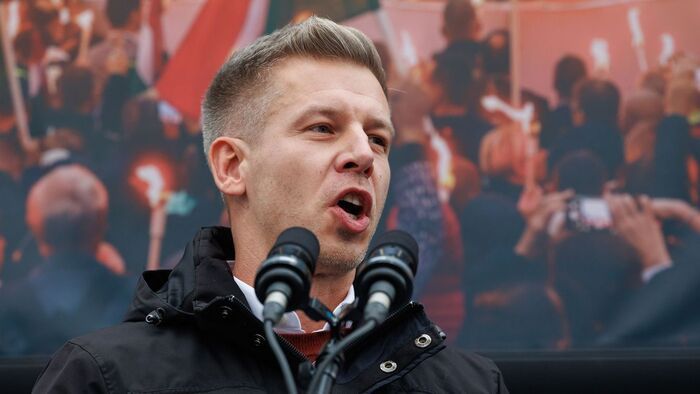
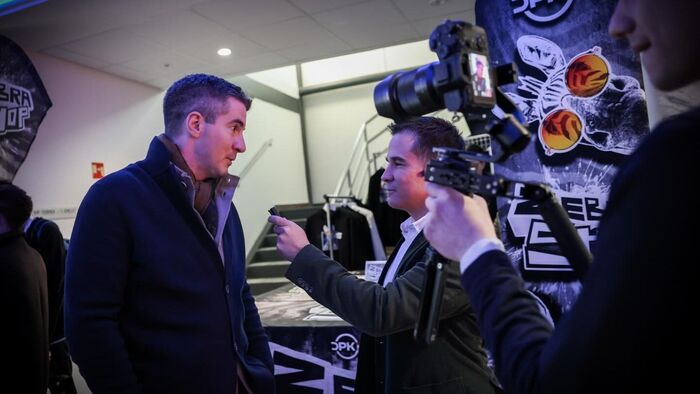
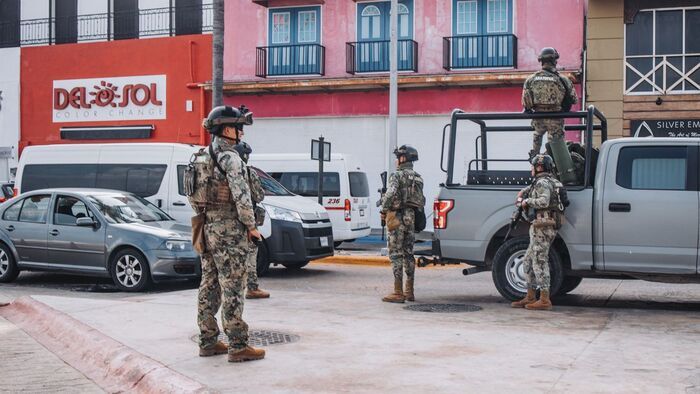
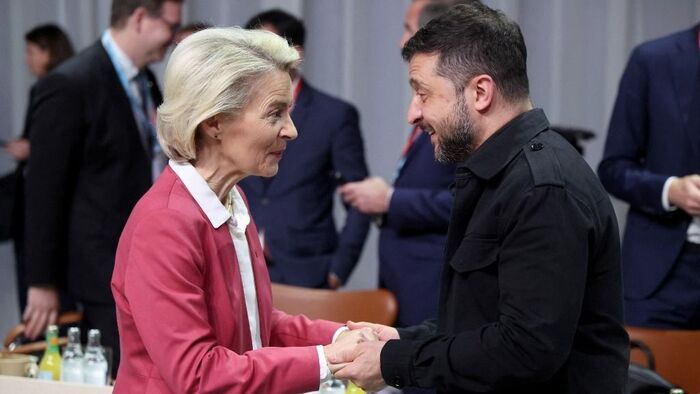
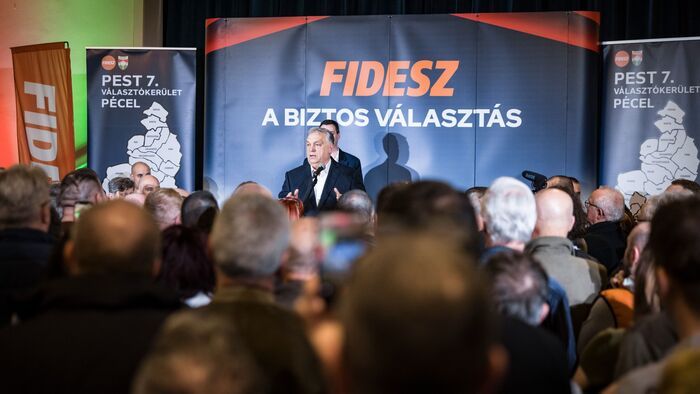
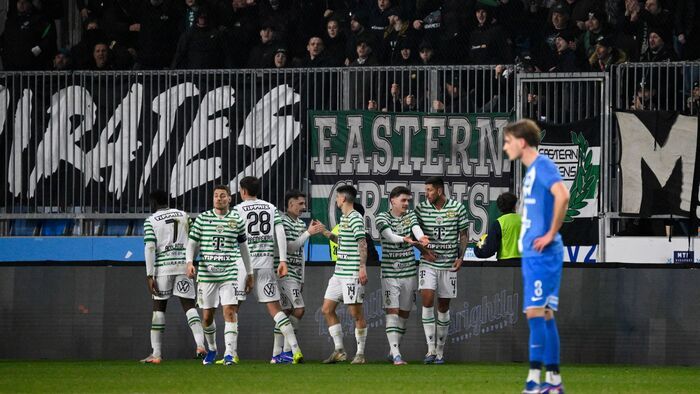
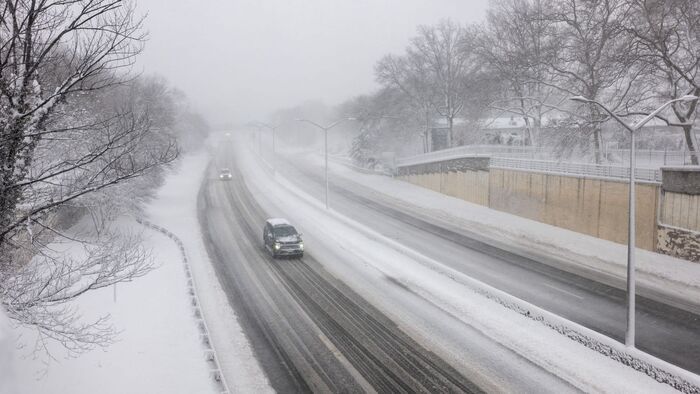
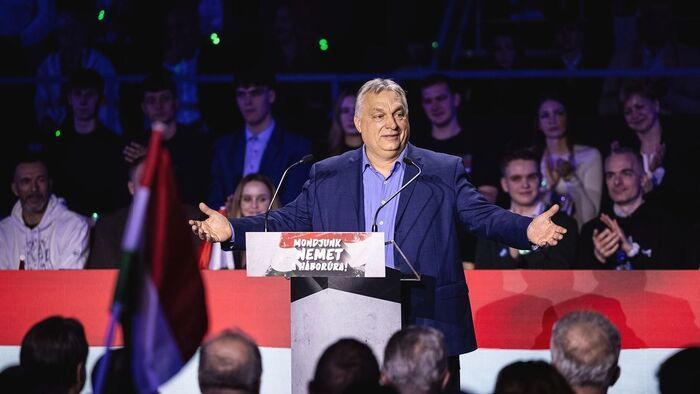

Szóljon hozzá!
Jelenleg csak a hozzászólások egy kis részét látja. Hozzászóláshoz és a további kommentek megtekintéséhez lépjen be, vagy regisztráljon!